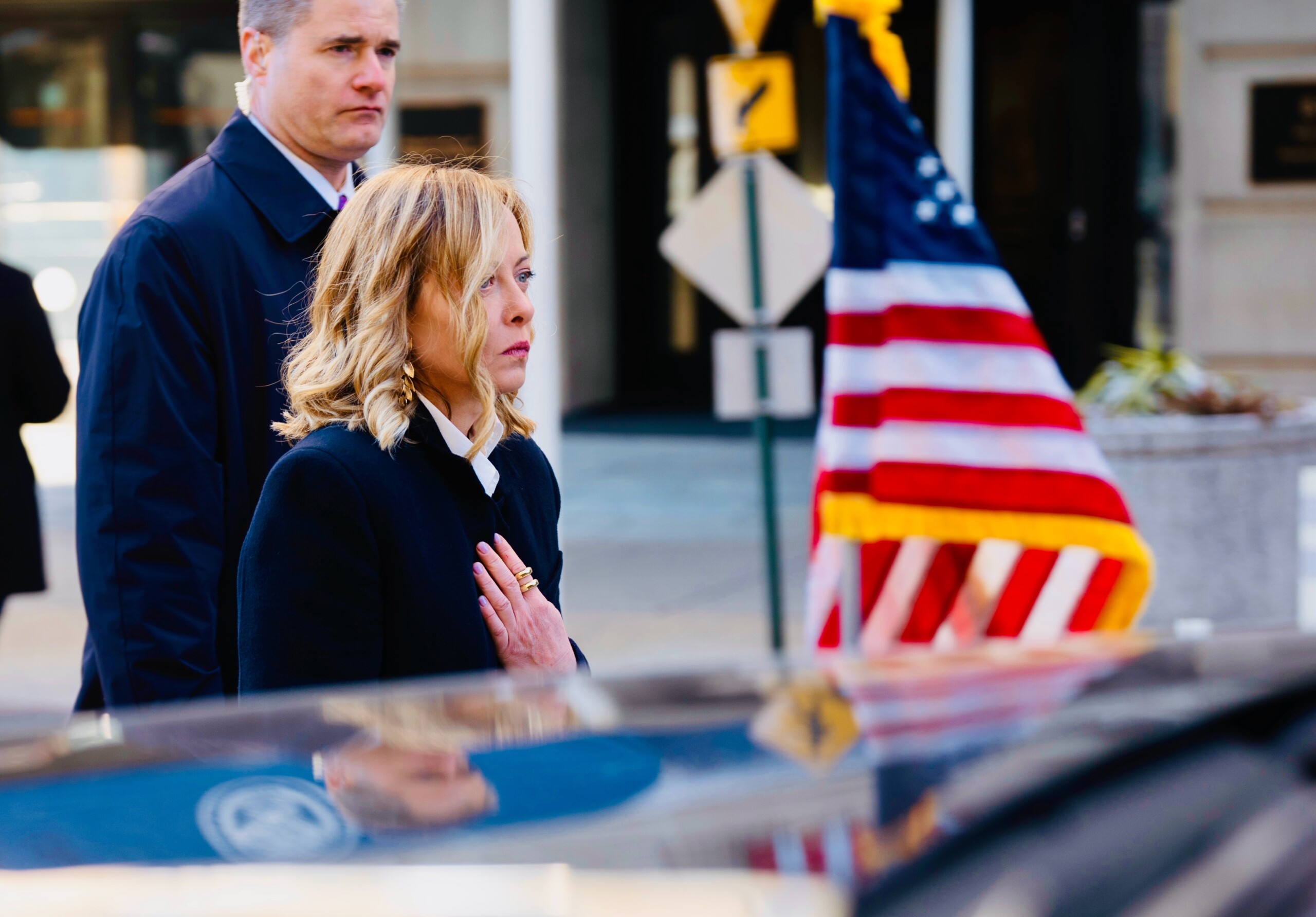Milan, Jan 23 (LaPresse) – ‘The Treaties show who has the responsibility, I believe it is important to respect them in order to remain united. Then there are political families, so one leader may feel more comfortable with another from his own family. But certainly the voice and interests of the EU are not expressed by someone who is also quite respected and probably much closer in political terms to Trump than other leaders. Procedures also count for legitimacy, otherwise we risk undermining our capacities and our system'. This was said by Teresa Ribera, First Vice-President of the European Commission, in an interview with the ‘Corriere della Sera’, responding to a question on the presence of Council President Giorgia Meloni at Trump's inauguration. 'For the EU at leader level, only Ursula von der Leyen and Council President António Costa speak? 'They will speak if the other, on the other side, wants to speak. But yes, it is them. And the High Representative for Foreign Policy for his issues,' adds Ribera. On Trump's failure to invite EU representatives to the inauguration, she observes: ‘I am a woman of peace and cooperation. I believe that the rule of law, diplomacy, kindness, politeness count. Everyone is free to invite whoever they want to a major event. It is true that we are used to being part of these honours and I think it is a wise and nice way to pay homage to democracies. But, of course, Trump is entitled to invite whomever he likes and we should not make a big deal out of it. If anything, we can remind everyone, including the American people, that we Europeans are the most committed to the defence of freedom, rights and cooperation in this small world that requires everyone to join forces. We would be more than happy to respond to messages inviting us to work together'. And on Trump's working method, which prefers government-to-government relations, he adds: ‘That may be part of his preference, but there are also solid arguments for defending an international order based on cooperation. It has taken decades to secure better chances for peace and prosperity by working at the same tables with common rules. Of course it is not perfect. But the world is not made up of one, two or three countries. There are more countries that believe in cooperation than those that prefer to work on bilateral agreements that might only reflect the position of the strongest'.
© Copyright LaPresse


